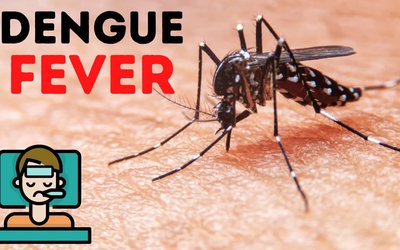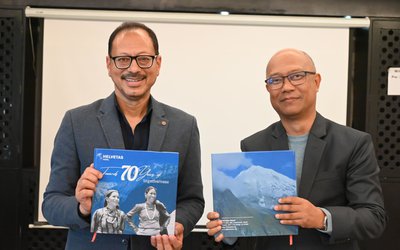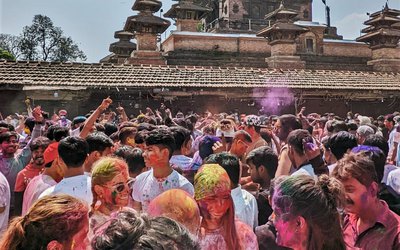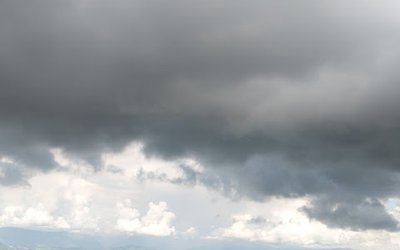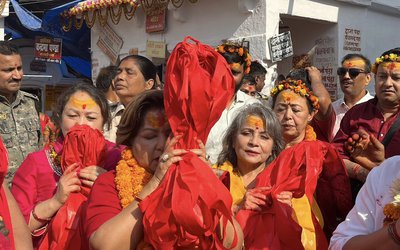
Summary
As post-earthquake Nepal rallies, World Vision is opening up centres across three battered regions to educate mothers in effective ways to care for their young children amid the disaster’s scrambled aftermath.
Text
The mothers anxiously listen to Shiva Poudel, a World Vision staff working to ensure maternal and child health and nutrition. With eyes glued to the speaker, the attentive audience are attending an orientation session held at a Women, Adolescent and Young Child Space (WAYCS) in Sindhupalchowk, a quake-hit region to the north-east of Nepal’s capital, Kathmandu.
What is so captivating for the session-goers? The answer is the need to wash hands with soap before and after meals and after using the toilet, a subset of education highlighting cleanliness and healthy diets for children, including how to prepare nutritious food. The mostly young mothers have children less than 1,000 days old.
Sharmila, a first-time mother of a two-month-old son, believes the orientation is very useful for rookie parents. “I didn’t know how important cleanliness is for a mother and to take care of my baby,” she says. “Now I’ve learned I need to wash my hands before handling him and keep him clean so he avoids diseases.”
Sita, the mother of 18-month-old Dilasha, admits she was unaware of children needing a nutritious diet, instead previously feeding her eight-year-old daughter with whatever food was available and ignoring wholesome produce such as beans, green vegetables, fish and meat.
Mentioning a traditional weaning porridge given to her eldest daughter, she says: “I used to give her lito, but I didn’t know the proper quantities of what should be used to make it.
“I think it was because of this lack of knowledge that my oldest daughter has had some mental growth problems. She only began talking when she was nearly two years old and now is a bit slow in many things compared to her friends.”
Amid the chaos left by 2015’s desolating earthquakes, World Vision is helping mothers with babies to be conscious of keeping their children clean and safe from diseases. The WAYCS project covers various areas to reach as many mothers as possible, while a female community health volunteer conducts the training.
World Vision also distributes baby kits, including blankets, towels, baby powder, soap, rash cream and safety pins, to all the mothers for cleanliness and protection.
Sharmila adds: “With the monsoons and winter coming, the blankets are going to be very useful for my baby because I need to keep him warm and clean. This will be his first winter and I hope he doesn’t get sick much. And once he gets bigger, I’ll make lito to feed him so he can be fit and healthy.”
Describing the WAYCS, Sita says: “When we’re here, we can meet other mothers, share our experiences and become friends. Otherwise, we’d hardly see each other because we’re all busy with our household chores. This way, we can gain more knowledge and share it with other women in the community.”
Of the WAYCS, Sabita, who has a two-month-old child, says: “Especially for new mothers like us who have no experience of taking care of a baby, it’s a place where we can talk openly and share our problems and questions. It’s the perfect place for us to learn things we didn’t know as small mistakes can be harmful for our children.”
Sanjay Nidhi, a World Vision health specialist, explains the WAYCS concept encourages women, children, adolescents and even men to discuss specific health problems in their families and suggest practical solutions given local conditions.
To date, World Vision has established 23 WAYCS centres, fourteen in Sindhupalchowk, four in Sindhuli and five in Gorkha, which are being attended by 684 women and children.





